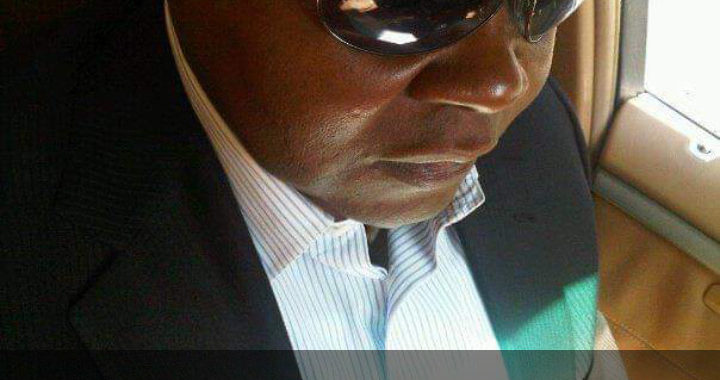Different ways different governments worry about facebook, etc
One wonders if you had noticed so much discussion going on in America and Europe over the impact of the tech giants like Google, Facebook, etc. These are impacts on privacy, liberty, free speech, control on personal choices, crime, etc. In fact, the countries where these tech giants originated are very concerned and they feel a need to control the tech giants through regulation.
Equally, the governments of Africa, like Nigeria’s, are concerned about the effect of the technological resources controlled by the tech giants. But Nigeria is not seeking to control the tech giants, which they cannot do. Instead, Nigerian government is seeking to control its citizen’s use of the technology. Hence, Nigeria is experimenting with a new law that will make hate speech a capital offense, a wholly terrible idea.
Regarding the approaches adopted by various governments, there is the question of the user or consumer attitude and dependency. Do the consumers understand the actual and potential dangers of the use of these tech services? Apparently not, especially in developing countries such as Nigeria.
The worst harm coming from the services of the tech giants is the effect of fake news. A wholly false story could be peddled against a person or group or about a situation . Such manipulative and malicious contents influence people’s real judgment and decisions about a person or group. The consequence could be devastating both to the target and the society.
As is now apparent, state actors and powerful companies have used manipulative contents and fake accounts to generate fake news that have toppled governments and changed the outcome of elections. Also, on smaller scales, fake news and manipulative contents have been used to attack individuals.
One interesting example of this was Sahara Reporter’s false stories about Attorney Emeka Ugwuonye, a Nigerian-American lawyer, and Founder of DPA. Sahara Reporters falsely published that Ugwuonye was disbarred in the United States (No judgment of disbarment was ever tendered, and most people did not understand that a person cannot be disbarred without a final judgment by the highest court in the jurisdiction, which is the court that grants the license to practice as a lawyer). Also, after a while, Sahara Reporters began to report that Ugwuonye was disbarred in Nigeria. All these were false but with devastating consequences.
Who needs protection from the manipulative contents spread through Facebook and co? Different governments adopt different approaches. America and Europe want to protect consumers. But third world governments such as Nigeria, Iran, etc want to protect government and government officials. In Emeka Ugwuonye’s case, the Nigerian government used fake news against Ugwuonye to deflect Ugwuonye’s legitimate criticism of government. Nigerian Government officials are not interested in protecting the user/consumer, but rather in protecting themselves. Hence Nigeria’s hate speech law. It will be an extraordinary complexity for a country like Nigeria to effectively regulate hate speech. Every criticism of government will arm the police with another opportunity to extort money from citizens.
A probably better approach is to educate the users and consumers on the dangers of abuses in the system. Also, the tech giants should do a lot more of self-policing. Facebook closed five billion fake accounts in 2019 alone. These were accounts created with fake or false identities. They should also respond better to fake contents, aside from fake accounts.
All in all, the dangers of fake accounts and malicious and manipulative contents otherwise known as fake news cannot be over-emphasized.

